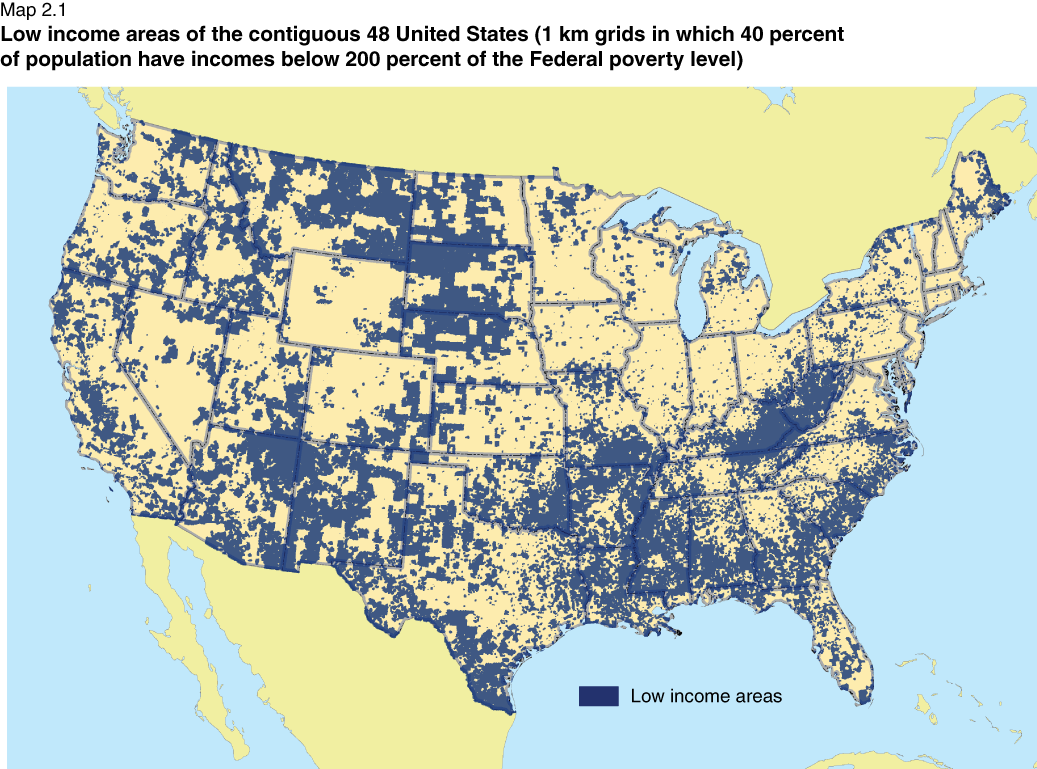
Last week on Mr. Bolos' blog post regarding mental and physical health, there was much discussion about America's growing problem with obesity. The post titled: Sunday "Service" in Waukegan, IL can be found here, if you would like to jump in on our previous discussion regarding what our society can do to address physical and mental health. It is no question that obesity is a huge issue as over two-thirds of our nation is overweight. Researchers from the Brookings Institute have concluded that " Estimated medical costs of obesity are as high as $147 billion a year for 2008." Not only are the costs of obesity insurmountable, but it also has devastating effects on a person's overall health and life expectancy. Oxford University research found that "moderate obesity, which is now common, reduces life expectancy by about 3 years, and that severe obesity, which is still uncommon, can shorten a person’s life by 10 years. This 10 year loss is equal to the effects of lifelong smoking." The effects of obesity are detrimental and hit low income families and areas much harder. In low income areas especially, obesity is an epidemic. Many researchers contend that the reasons include the lacking of full-service grocery stores and farmers' markets in poorer areas, and many cheap foods are high-calorie and high-fat products.
I made it a special mention, in Bolos' post to mention the vital importance of exercise in a healthy community, and country. Another huge problem with obesity, especially in low-income areas is there are fewer opportunities for physical activity. The Food Research and Action Center (FRAC) did a study which you can read here, and determined that low income neighborhoods have fewer resources for physical activity such as parks, bike paths, etc. and that low income children are less likely to both participate in organized sports, and have less time being active in PE class. I really do think our country has a obligation to address the issues of obesity, especially in these low income areas. This is where we see the highest percentages of obesity, and instituting plans to reduce obesity would really benefit both our economy down the road, and the health of our citizens, starting with those who may need it most in low income areas. Do you think our government has an obligation to help fund low-income areas to better resources to combat obesity? Please comment your thoughts below.

Don't forget to insert your own opinion here, Noah.
ReplyDeleteNice connection (and followup) to the class blog post! Do me a favor and link to it for those readers who aren't familiar with our course. I can also help you clean up the formatting here, including the images.
Great Mr. Bolos. Thank you for your help/input.
DeleteI think the U.S. government does have an obligation to help these lower-income American citizens avoid obesity. Though it might seem expensive now to fund the programs needed to teach healthy eating and provide exercise opportunities, I predict it will be a good investment. If the government takes care of these citizen's health now, they'll be less likely to get sick and become a burden on taxpayers with medical bills for things such as diabetes medication. Plus, if the government is able to improve one generation's health habits it's probable that the habits will pass on to the next generation as well. Over just a few generations I feel that the problem of obesity could be greatly diminished.
ReplyDeleteI completely agree with your plan. It could be expensive to really make a difference in low income areas, as there are so many in our country. On the other hand, I think you're really onto something with your logic regarding future habit. Not only are future generations not as burdened with the medical costs/ taxes associated with obesity but, it shapes our nation for a healthier future. Thank you for your great ideas!
Delete